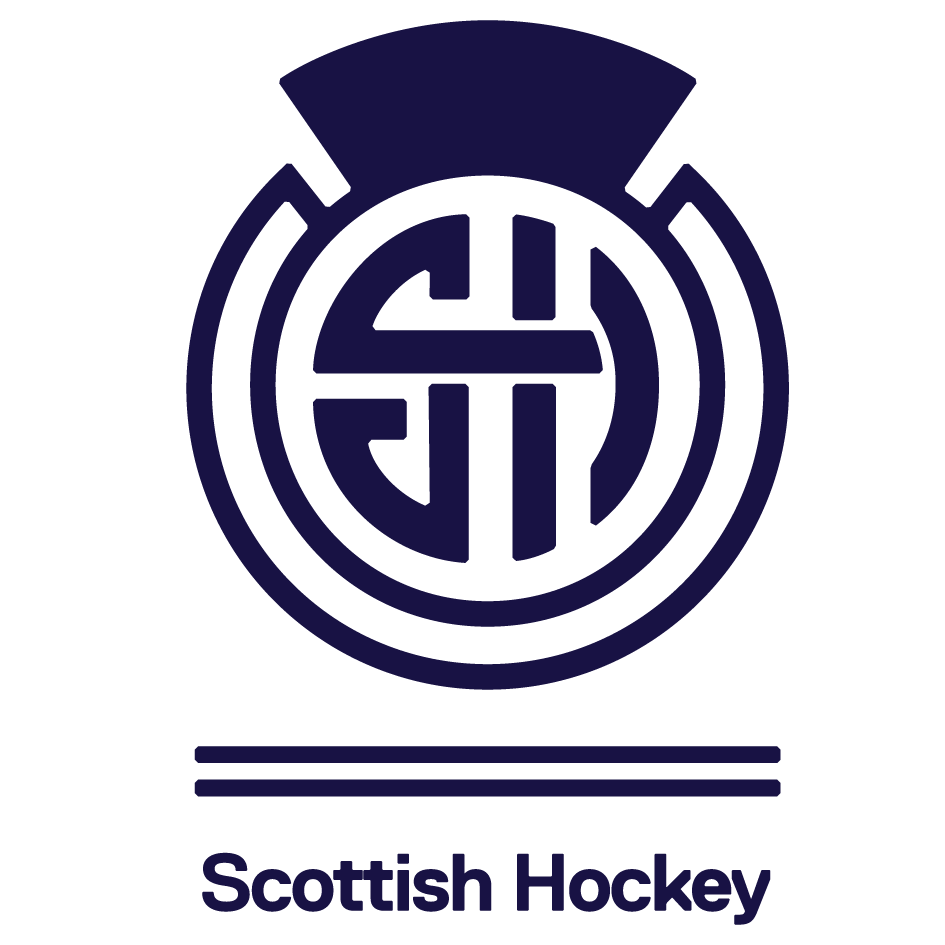Anti-Doping Policies
All athletes have the right to compete in sport knowing that they, and their competitors, are clean. We believe in clean sport and work in partnership with UK Anti-Doping (UKAD) and our International Federation (IF) https://www.fih.ch/ to ensure that the integrity of our sport is protected.
Anti-Doping Rules
Scottish Hockey has in place a set of anti-doping rules that all athletes and athlete support personnel must abide by. The anti-doping rules for Scottish Hockey are consistent with the World Anti-Doping Code (the Code), the core document that harmonises anti-doping policies, rules and regulations within sport globally.
- The anti-doping rules of Scottish Hockey are the rules published by UK Anti-Doping (or its successor), as amended from time to time.
If you are a member of Scottish Hockey then the anti-doping rules apply to you, regardless of what level you participate at. You can find the UK Anti-Doping Rules here.
2021 World Anti-Doping Code
From 1 January 2021, a new version of the Code is in effect and it’s important that all athletes and athlete support personnel are aware of how this impacts them.
For more information on the changes within the 2021 Code, visit UKAD’s website here.
Under the 2021 Code, an athlete may be classified as being “International-Level”, “National-Level” or a “Recreational Athlete” based on their competition level. Further information on these different categories is available on the UKAD website.
2024 update
- Any athlete tested in-competition from 1 January 2024 by UKAD or another Testing Agency, may face the prospect of a ban from sport if tramadol is found in their sample
- Athletes who may be using tramadol are reminded to speak to their doctor about seeking alternative pain medication that is permitted in sport
This is an important reminder to all athletes regarding the anti-doping status of tramadol.
In September 2022, the World Anti-Doping Agency (WADA) announced that tramadol will be included on the 2024 WADA List of Prohibited Substances and Methods. This early announcement was made to allow all stakeholders in sport to prepare for this change.
WADA at the time explained that tramadol has been on the World Anti-Doping Agency’s Monitoring Program for several years and data gathered through this programme has indicated significant use of the substance in certain sports. Tramadol misuse is of concern because of the risks of physical dependence, opiate addiction, and overdose. It has led to it being a controlled drug in many countries. Research studies funded by WADA have also confirmed the potential for tramadol to enhance sports performance.
Any athlete tested in-competition from 1 January 2024 by UKAD or another Testing Agency, may face the prospect of a ban from sport if tramadol is found in their sample.
Useful links on medicines
- Check the anti-doping status of medicines – Search, Check, Apply
- What’s banned in sport – The Prohibited List
- UKAD’s Medicine and TUE Hub
- Information for athletes on clean sport
Anti-Doping Rule Violations
Breaking the anti-doping rules can result in a ban from all sport. The Code outlines the Anti-Doping Rule Violations (ADRVs). Athletes and athlete support personnel need to make sure they are fully aware of these violations, and the consequences of breaking them. For more information and what this means for those individuals, click here.
For information on individuals serving a ban from sport, visit UKAD’s sanction page on their website.
The Big Picture – Top Tips for Clean Sport
An athlete is responsible for anything found in their system, regardless of how it got there or whether there is any intention to cheat. All athletes and athlete support personnel should make themselves aware of the risks, so they don’t receive an unintentional ban from sport. Useful information for athletes can be found on the UKAD website.
The Prohibited List
All prohibited substances and methods in Code-compliant sports are outlined in the Prohibited List. The Prohibited List is managed and coordinated by WADA, found on the WADA website here. The List is updated each year, coming into effect on 1st January. It is possible for WADA to make changes to the List more than once a year, but they must communicate such changes three months before they come into effect. As this list is updated annually, athletes and athlete support personnel should make sure they check it ahead of it coming into effect. More information can be found on UKAD’s website here.
Checking Medications
Before taking any medication (whether from a doctor or purchased over the counter), athletes must check to make sure it doesn’t contain any prohibited substances. Medications (ingredients or brand name) can be checked online at Global DRO. It is important to note that medications bought in one country may contain different ingredients to the same branded medication in another country. For more information on checking medications, visit UKAD’s website here.
Check out the video below from UKAD’s Athlete Commission member and British Paralympic Powerlifter, Ali Jawad, on using Global DRO.
Taking Nutritional Supplements
UKAD always advises a food first approach to nutrition, as there are no guarantees that any supplement product is free from prohibited substances. Athletes can support their training and progress towards their targets by eating and enjoying nutritious food. With a bit of planning, it is possible to eat a delicious and healthy diet made up of a variety of food types at the right time, and in the right quantities.
Athletes should assess the need, the risks and the consequences before deciding to take a supplement, and if they need to use one, visit the Informed Sport website to check whether supplements have been batch-tested. More advice on managing supplement risks can be found on UKAD’s Supplement Hub here.
Applying for a Therapeutic Use Exemption (TUE)
If an athlete with a legitimate medical condition needs to use a prohibited substance or method, they will need to apply for a Therapeutic Use Exemption (TUE). This is only accepted if there are no other suitable permitted medications or treatments that can be used, and there is a strict, detailed process to determine this. Athletes can find out more information about the TUE process on the UKAD website here and use the TUE Wizard to find out whether they need to apply for a TUE and who to submit their application to.
Strict Liability Principal
Strict liability means that you are solely responsible for any banned substance you use, attempt to use, or is found in your system, regardless of how it got there or whether there was any intention to cheat. In anti-doping, not knowing is not an excuse!
What happens in a test?
Athletes should feel prepared and know their rights and responsibilities when they are notified to be tested by a Chaperone or Doping Control Officer. Check out this video below on the testing process from start to finish.
Athletes can find out more in the Introduction to Testing section of UKAD’s website.
100% me – Supporting athletes to be clean
100% me is UKAD’s values-based education and information programme, helping athletes meet their anti-doping responsibilities throughout their sporting journey. We want all athletes to be clean, stay clean and believe all others are clean.
For more information on what this means, visit UKAD’s website here. UKAD’s 100% me Clean Sport App can also be downloaded from iTunes, Google Play or Windows Live Store, for essential anti-doping information.
Protect Your Sport
Protecting clean sport depends on everyone playing their part – athletes, coaches, or parents – whether on centre stage or behind the scenes. Speak out if you feel there’s something wrong – no matter how small. UKAD guarantee that your identity will always be kept 100% confidential.
There are different ways to speak out:
- Email – When you feel something’s wrong, send an email. UKAD guarantee that your name and email address will be kept confidential. Email at [email protected]
- WhatsApp – Message on WhatsApp* at +44 (0) 7587 634711 – no matter how small. UKAD guarantee that your name and number will be kept confidential.
Find out the more about speaking out and Protect Your Sport here.
*WhatsApp is an encrypted platform. This number is not open to receiving calls.
For further information
Please do not hesitate to ask questions about the anti-doping rules. As well as asking Scottish Hockey and athlete support personnel, athletes may also contact UKAD directly, who will be able to answer any questions and provide guidance. They can be contacted at [email protected] or +44 (0) 207 842 3450.
The Scottish Hockey contact for all anti-doping or UKAD queries or concerns is our Director of Hockey Operations – Jennifer Griffin – [email protected]k
Regular updates from UKAD can also be found in the news section of their website, or on their Twitter account: @ukantidoping.
In This Section
Please select a section you would like to view.



